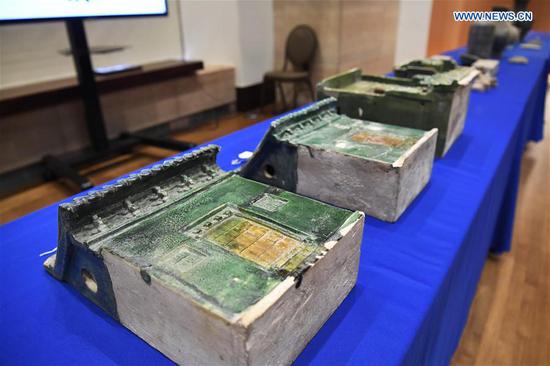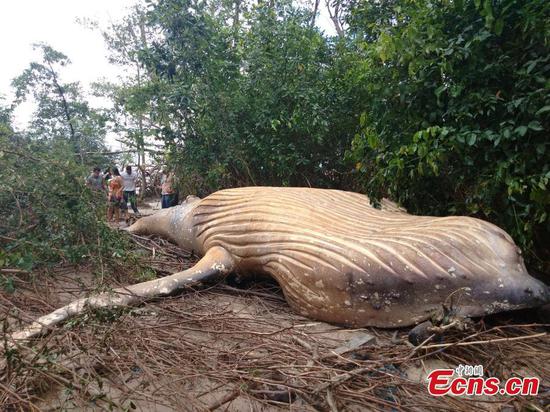China will adopt various measures including mergers, acquisitions and restructuring to lower the risks of some high-risk financial institutions and even allow some of them to experiment with bankruptcy, said a senior official of the country's banking and insurance regulator.
"We will mainly consider mergers and acquisitions as an option to deal with high-risk financial institutions to reduce the volatility triggered by market exit. At the same time, we will handle financial risks based on principles of market orientation and the rule of law," said Xiao Yuanqi, chief risk officer and spokesman of the China Banking and Insurance Regulatory Commission, at a recent media briefing.
Wang Jingwu, head of the financial stability bureau at the People's Bank of China, the central bank, told the Beijing-based newspaper Financial News that the PBC will actively explore the establishment of a market-oriented exit mechanism for financial institutions based on the rule of law, using the deposit insurance scheme as a platform.
"The remarks showed a regulatory determination to push forward marketization of China's financial system and supply-side structural reform in the financial sector, which means some inefficient and high-risk financial institutions will exit the market when they should," said Wen Bin, principal researcher at China Minsheng Banking Corp Ltd.
Starting from May 1, 2015, China introduced an insurance system for bank deposits to protect the interests of depositors and maintain financial stability, allowing commercial lenders to fail in a more market-driven economy. Deposits and interests of up to 500,000 yuan ($74,612) per depositor at each bank will be fully covered.
"The launch of the deposit insurance scheme was aimed to change implicit government guarantees into a market-based mechanism for risk disposal, and China will further improve the scheme," Wen said.
Drawing on international experience, if a bank run or a liquidity crisis occurs, the relevant financial institution may also adopt other measures such as mergers, acquisitions and restructuring, apart from deposit insurance, to achieve a smooth transition, he added.
Overall, the Chinese banking sector maintained a steady and sound growth in the last two years. With the stepped-up regulatory crackdown on disorders in financial markets since 2017, the safety of China's financial system has improved significantly, Wen said.
The Chinese banking sector has disposed of nonperforming loans totaling 3.48 trillion yuan since 2017. The NPL ratio for commercial banks stood at 2 percent at the end of January this year, and the provision coverage ratio was 186.8 percent, signaling strong risk resilience capabilities, according to the China Banking and Insurance Regulatory Commission.
"Risks confronting the banking sector are generally controllable although particular financial institutions in some areas may face serious risks. The impact on the financial system, however, is quite limited due to the small asset size of these institutions. Allowing them to carry out trials on bankruptcy will be helpful to promote supply-side structural reform and improve efficiency in the banking system," said Zeng Gang, deputy director of the National Institution for Finance and Development.
He noted that just like "zombie companies", high-risk financial institutions not only waste resources but also generate risks that may disturb the financial system.
Xiong Qiyue, a research fellow at the Institute of International Finance at Bank of China Ltd, advised regulators and legislators to set clearly the requirements for a bank to qualify for bankruptcy and enact a bankruptcy law for commercial banks.
"Special institutional arrangements should be made as the enterprise bankruptcy law cannot satisfy the needs of commercial banks due to the complicated debtor-creditor relationship, not to mention that it may lead to social unrest if a bank goes bust," Xiong said.


















































